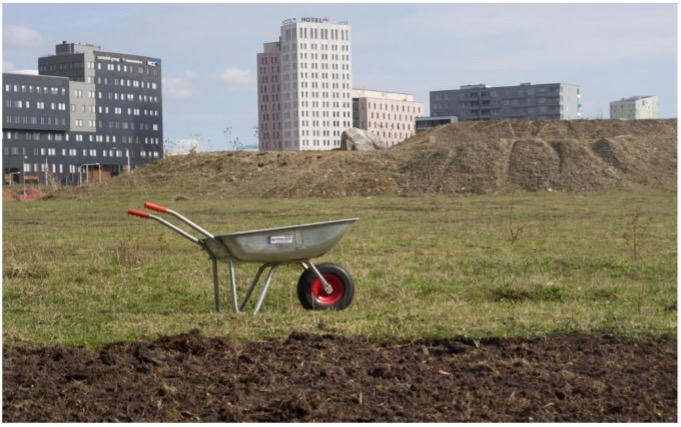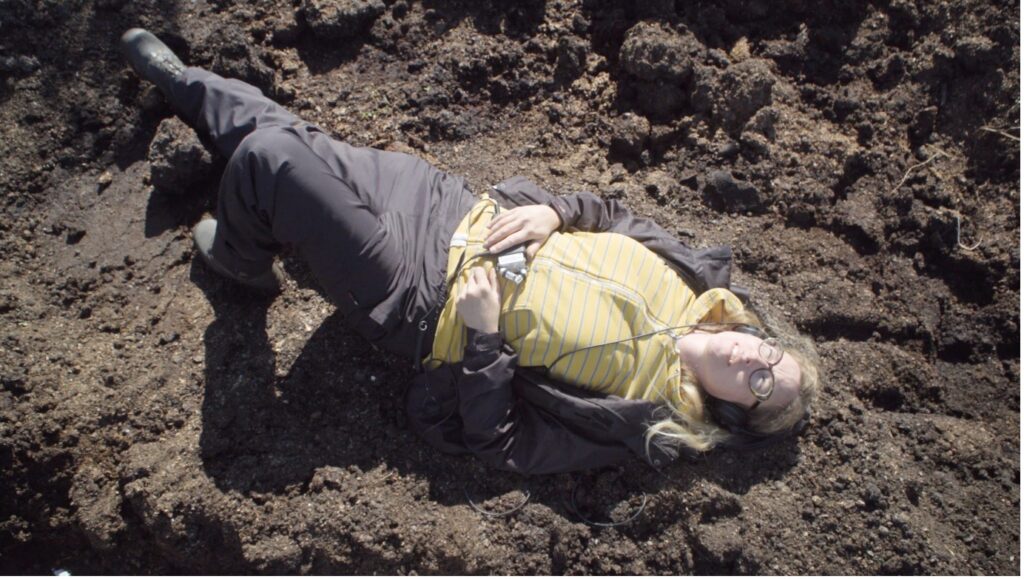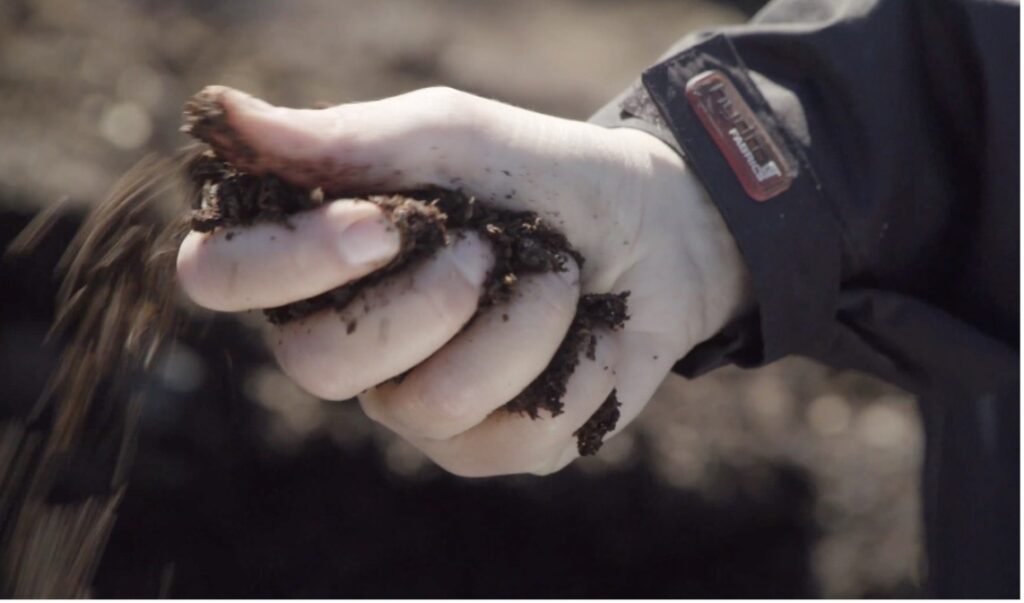Un/Noticed Soils
Soils are slowly emerging from their hibernation in society’s cultural imagination and in research it seems. A growing body of research has brought soils onto the climate crisis agenda suggesting the urgency of transforming society-soil relations and manage soils for health and biodiversity. This in turn demands a shift in how soils are perceived and integrated in sustainability work and society at large, where nature is not separated from culture, or social life from ecology. The relational approach we seek to cultivate in the research initiative Humus Economicus is sensitive to place-based practices, cultures of care, and multispecies conviviality. Explore the fascinating naturecultures of soils with us, across art, science, and the humanities!
Humus Economicus is a Formas – Swedish Research Council for Sustainable Development-funded project (2021–2024) and an art and research initiative exploring the value and future of soil in urbanized landscapes. This research initiative operates at the intersection of critical heritage studies, urban studies, and artistic research and practices of posthumanities in the transdisciplinary field of environmental humanities. It seeks to draw attention to radically altered human-soil relations, the invisible work of soils, and practices of soil care in a time when soils are sealed and degraded at rapid rates. Humus economicus consists of six team members and is initiated by artist and environmental humanities researcher Dr. Janna Holmstedt at National Historical Museums, Sweden.



Team Members
Janna Holmstedt (Postdoctoral Researcher, The Swedish History Museum)
Jenny Lindblad (Researcher, KTH)
Malin Lobell (Artist and gardener, (P)Art of the Biomass)
Karin Wegsjö (Film-maker and director)
Christina Fredengren (Professor, Uppsala University and Stockholm University)
Cecilia Åsberg (Professor Linköping University, Founder and Director of the Posthumanities Hub)